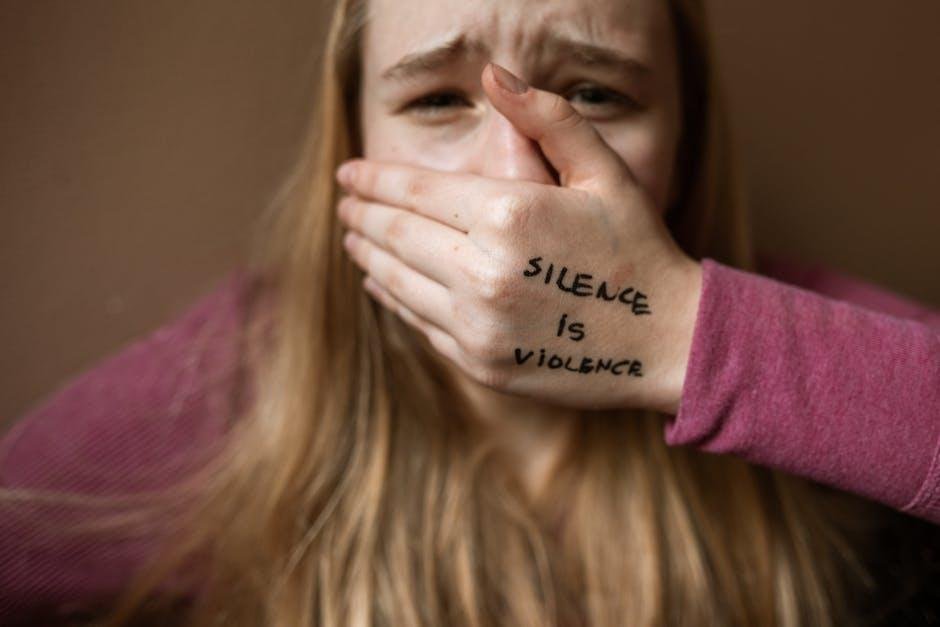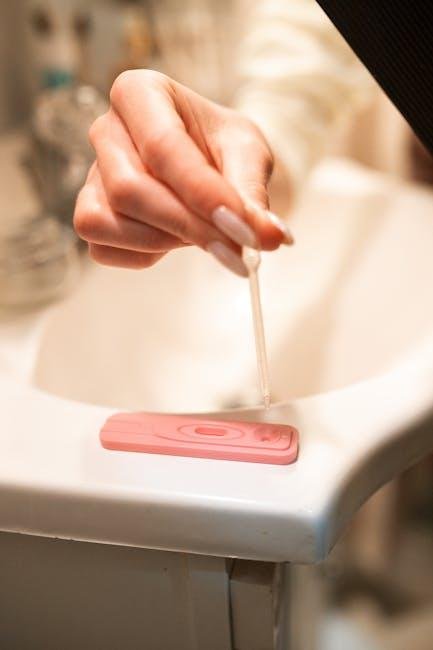In the tapestry of our lives, relationships weave intricate patterns that can bring both joy and heartache. Though, not all threads of connection are vibrant and supportive; some may fray and darken, signaling a deeper problem. Toxic relationships can quietly ensnare us, draining our energy and stifling our growth, frequently enough masquerading as love or affection. Recognizing the signs that define such harmful dynamics is the first crucial step to reclaiming our well-being. In this article, we will explore the hallmarks of toxic relationships, illuminating the shadows that frequently enough go unnoticed, and provide guidance on how to embark on the journey of moving forward. Whether you find yourself questioning the health of your relationship or seeking to understand a friend’s struggles, join us as we uncover the truth behind toxic ties and the pathways toward healing and self-finding.
recognizing Red Flags: Identifying Toxic Behaviors in Relationships
Recognizing the early signs of a toxic relationship can empower you to take control of your emotional health. Frequently enough, these relationships are characterized by patterns of behavior that erode trust and respect, leaving one partner feeling diminished or worthless. Common indicators include:
- Constant Criticism: Constructive feedback turns into harsh judgment.
- Manipulation: Guilt-tripping or emotional blackmail to control actions.
- Lack of Support: Belittling achievements or dismissing feelings.
- Jealousy and Possessiveness: Incessant questioning about your whereabouts or friendships.
Awareness is key to breaking free from detrimental patterns. If you find yourself frequently walking on eggshells, it’s crucial to assess the impact on your well-being. Use this checklist to identify behaviors that hint at toxicity:
| Behavior | Impact |
|---|---|
| Disrespectful Communication | Fosters insecurity and lowers self-esteem |
| Isolation from Friends and family | Creates dependency and a lack of support |
| Inconsistent Affection | Leads to confusion and anxiety about the relationship |
| Gaslighting | destroys one’s sense of reality and self-worth |

Emotional Impact: Understanding the Effects of Toxic Relationships on Your Well-being
Living in a toxic relationship can leave deep emotional scars, frequently enough leading to a myriad of psychological challenges. individuals may experience persistent feelings of anxiety, depression, and low self-esteem as a result of the relentless negativity surrounding them. Over time, these toxic dynamics can erode one’s sense of self-worth, making it increasingly difficult to engage in healthy relationships or pursue personal goals. The impact on mental health can manifest through physical symptoms as well,such as insomnia,fatigue,and frequent unexplained illnesses,as the mind and body struggle to cope wiht ongoing stress.
Recognizing the effects of a toxic relationship is the first step toward healing. Awareness of the following signs can help individuals identify and reclaim their well-being:
- Constant Criticism: Overshadowing achievements with negativity.
- Lack of Support: Feeling alone in times of need.
- Control Issues: Having choices dictated or undermined.
- Fear of Conflict: Avoiding discussions to maintain peace.
- Emotional Manipulation: Guilt-tripping to elicit compliance.
Understanding these signs empowers individuals to seek healthier environments. Below is a table demonstrating the crucial differences between toxic and healthy relationships:
| Toxic Relationships | Healthy Relationships |
|---|---|
| Feeling drained or fatigued | Feeling energized and inspired |
| Constant doubt and confusion | Clear communication and trust |
| Manipulation for control | Supportive of each other’s independence |
| Emotional outbursts | Respectful discussions |

Path to Healing: Effective Strategies for Letting Go and Moving forward
Moving on from a toxic relationship requires intention and self-compassion. Begin by acknowledging the pain and understanding it as a natural part of the healing process. To facilitate this journey, consider implementing the following strategies:
- Reflect on Your Experience: Take time to journal your thoughts and feelings, allowing yourself to fully process what you’ve endured.
- Set Boundaries: Clearly define what you need to safeguard your emotional well-being, whether it means cutting off contact or limiting interactions.
- Seek Support: Surround yourself with friends and family who uplift you, or join a support group for those who have faced similar challenges.
To foster a healthier mindset, it’s essential to cultivate self-love and forgiveness. Recognize that your worth isn’t defined by your past relationships. Engage in activities that bring you joy and further personal growth, such as:
- Practicing Mindfulness: Use meditation or yoga to stay present and reduce anxiety.
- Pursuing New Hobbies: Explore interests that excite you,promoting a sense of accomplishment and fulfillment.
- Learning About Healthy Relationships: Invest time in reading or attending workshops on communication and emotional intelligence.

Building Healthier Connections: Cultivating Positive Relationships After Toxicity
Emerging from the shadows of a toxic relationship can feel daunting, but it is crucial for your emotional and mental well-being.As you begin to heal, focus on establishing connections that uplift and support you. Start by identifying what positive relationships look like for you.Embrace qualities such as:
- Communication: Open and honest dialog that fosters understanding.
- Respect: Valuing each other’s opinions and boundaries.
- support: Being there for each other during times of need.
To facilitate these healthier connections, it may help to set boundaries and engage in self-reflection. List the traits and behaviors you admired in past friendships and relationships. Use this as a guide to cultivate new bonds.Consider keeping a journal to record positive interactions or encounters, which can remind you of the joy found in healthy relationships. This proactive approach is essential for building a community that nurtures growth and positivity, ultimately transforming your social landscape.
| Positive Relationship Traits | Benefits |
|---|---|
| Trust | Fosters security and openness |
| Kindness | Creates a supportive environment |
| Empathy | Strengthens emotional bonds |
| Shared Goals | Encourages teamwork and collaboration |
in Conclusion
As we conclude our exploration of the signs that illuminate the shadows of toxic relationships,it’s essential to remember that recognizing these patterns is the first step toward healing. Acknowledgment brings empowerment, and with empowerment comes the ability to forge a brighter path forward.
Moving on may feel daunting, but it is also an invitation to rediscover yourself—your passions, your values, and the connections that uplift you. Healing isn’t a straight line; it frequently enough winds through a landscape of emotions and revelations,leading to growth we might not anticipate.As you reflect on your journey, consider the strength it takes to let go of what no longer serves you. Each step, each realization, and each moment of clarity brings you closer to the life you deserve—one filled with respect, love, and authenticity.
Embrace the process with kindness toward yourself. Seek support from friends or professionals who can guide you through the reshaping of your narrative. the road ahead may be uncharted, but remember: every ending carries the seed of a new beginning. Let the lessons learned from your past forge a future where your heart can thrive freely and joyfully in the warmth of healthy connections.

